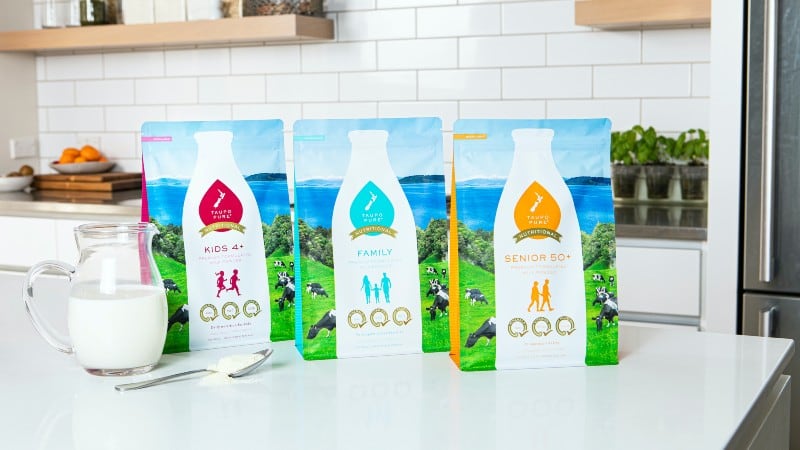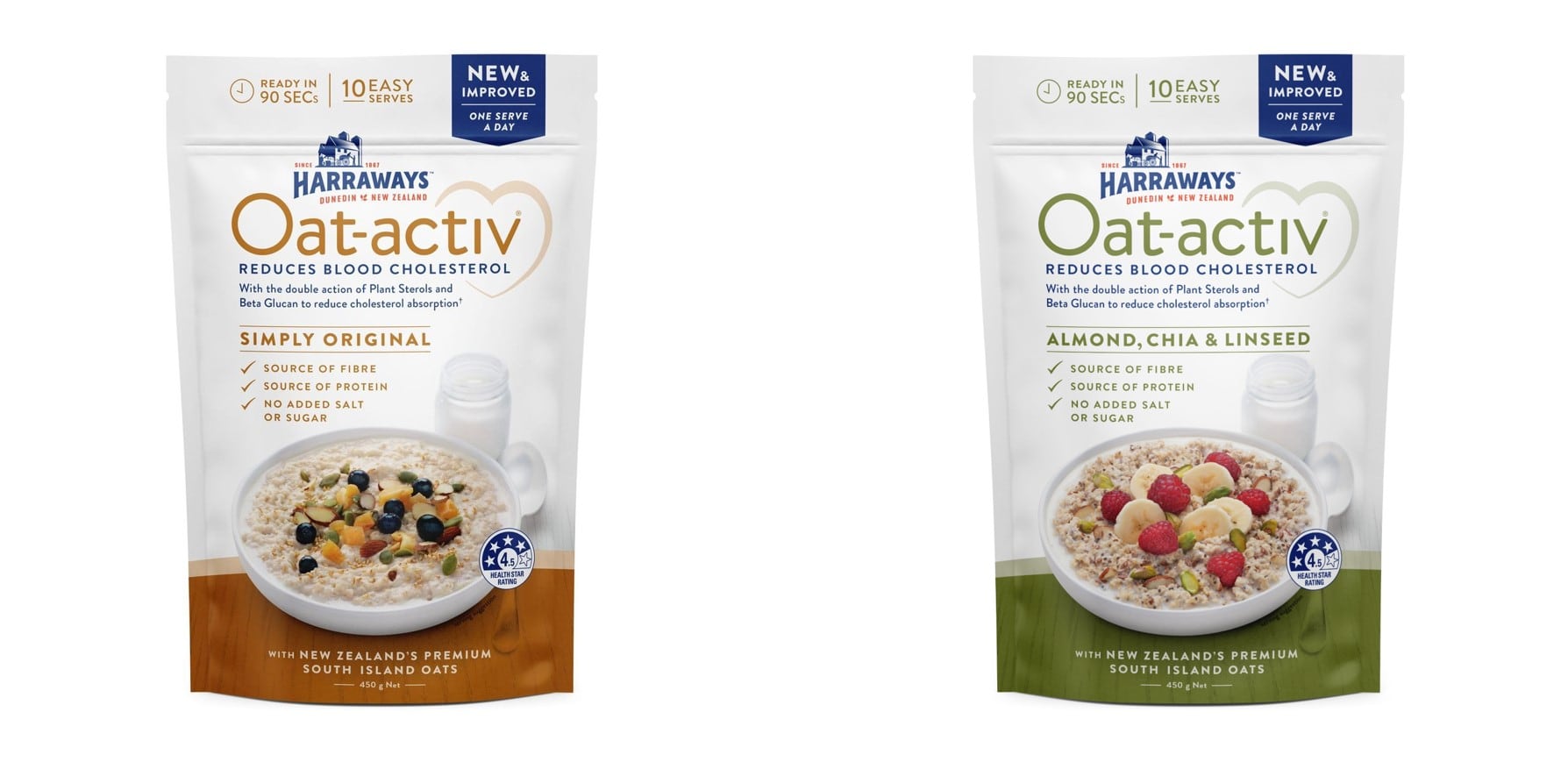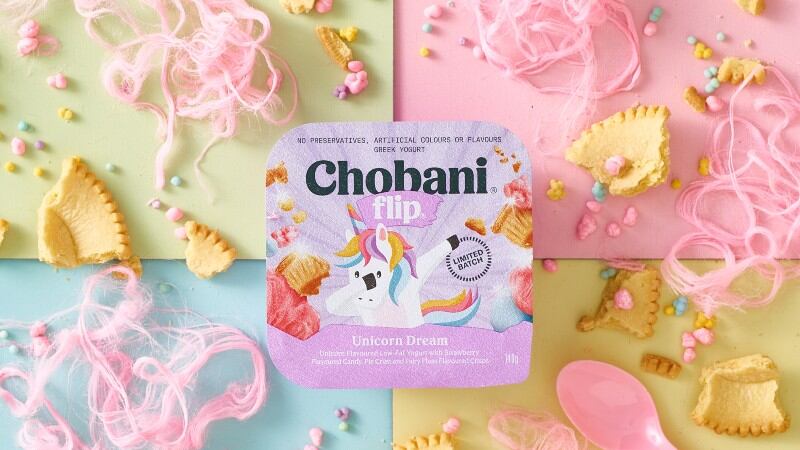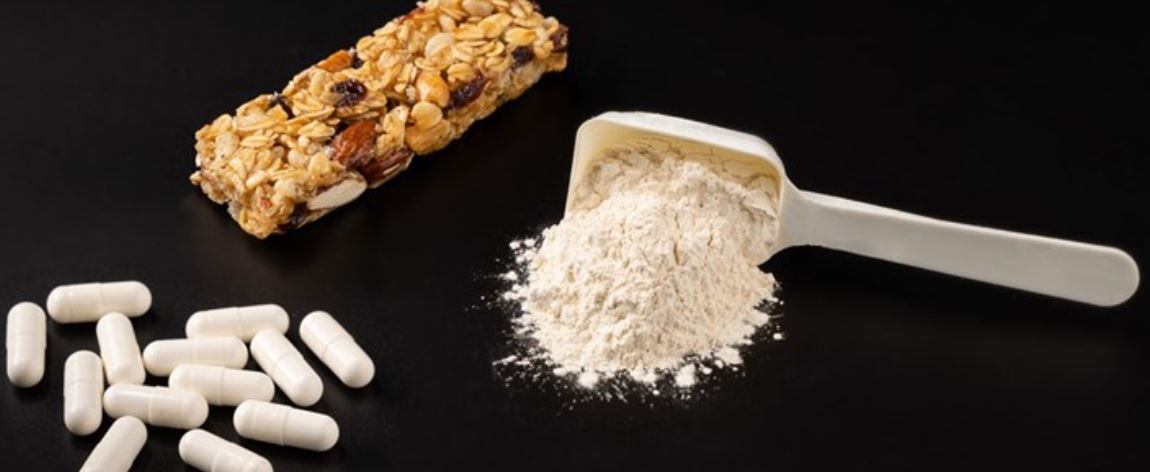Taupo Pure is operated by Maori-owned firm Miraka, which processes about 1% of all of New Zealand’s milk supply and produces products primarily for export, from UHT to various powders.
“Miraka currently exports to China, USA, Sri Lanka, Taiwan, Philippines, Singapore, Malaysia, Vietnam, Guatemala, El Salvador, Solomon Islands, Samoa and Fiji, with China currently being our largest market,” Miraka General Manager Environmental Leadership Murray Hemi told FoodNavigator-Asia.
“Miraka comes from a long Maori tradition of storytelling, [and our aim is to] create a legacy that our community, shareholders and stakeholders -many of whom are Maori - are proud of, [including] producing the world’s best-tasting milk.
“To do this, everything has to line-up – this means we want the sweetest pasture, the happiest cows, the best farming, and the highest quality processing, [care] for the environment, and building strong, resilient communities.
“The process of connecting all these parts is what we call kaitiakitanga (care for our natural world and the people within it) and it is how we will produce powerful products and write a powerful story – no one else in the world does what we do.”
Within this, Hemi told us that the firm is increasingly focusing on ‘conscious’ consumers and markets which place priority on product quality.
“By quality, we mean that we are trending towards parts of the market that want products based on the best nutritional, environmental, social and responsible outcomes for dairy products,” he said.
“From the point of view of our traditional culture, we want to engage with consumers and companies that look at dairy products and the world in the 100-year period – this takes a high level of intelligence, awareness and conscientiousness, [and so] we like to think of Miraka as producing the ‘thinking person’s milk’.”
From a nutritional point of view, the firm has a wide range of dairy milk products targeted for the different needs of families, children and seniors, retailed under the Taupo Pure brand.
“Many of our customers, especially in China, look for tailored nutrition in their milk, and we provide these through a unique set of vitamins and minerals for each product in our nutritional range. For example, our seniors range is fortified with Vitamin B6 to help with the metabolism and use of protein, while our kids range contains added zinc for growth and development,” said Hemi.
“We are also launching a new product later this year, a gentle process whole milk powder – our nutritional range uses a fortification approach, but the gentle process product is [more about retention].
“It contains naturally higher levels of bioactives [as] we process this milk in a gentle manner which retains some of the bioactive components typically lost during regular dairy manufacturing.”
Taupo Pure products in New Zealand are available in major supermarkets Countdown, New World, Pak’n’Save as well as tourist shops at an RRP of NZ$11.99 (US$8.54). In China, these can be found in various supermarkets (Greenland, Jiuguang, Grand Buy etc.) as well as major online platforms Tmall, Taobao, JD, Pinduoduo and Dingxiang doctor.
Beyond traditional dairy
Beyond cow’s milk, Hemi also told us that the firm is seeing rising demand for many different types of milks, and believes that the way forward for the industry is not limited to traditional dairy.
“[Within traditional dairy,] we are already seeing growing demand for a range of different types of milk, including non-dairy, non-bovine (i.e. goat and sheep) as well as A2 B-casein milks. Some of these alternate milk categories are still small, but all seem to be growing rapidly,” he said.
“Consumer awareness of the diversity of milks has grown and consumers want to try new things. As a company, if we can find other protein sources whether plant-based or animal-based, it’s all part of the mix to us.
“There is no one size fits all approach to this – from our perspective, cows may not always be the best fit for the environment where they are in plants could be better for some parts of the land - and if we need to find a different way to use the land to supply quality protein, it’s a natural evolution that can be pursued.”
The firm is also placing a great deal of focus on its sustainability initiatives, not just because of its Maori traditions, but also because it believes that this will grow have an even stronger influence on consumer demand moving forward.
“We see sustainable production as the key long-term pressure which will shape not only consumer demand, but also the regulatory, commercial and societal environment we work within. Ultimately it will change the way we farm and produce food - we want to be at the forefront of that change,” said Hemi.
“For example, our manufacturing plant runs on renewable geothermal power. This means the carbon footprint of our dairy products are amongst the lowest in the world. As well as meeting our own consumer’s needs, we also expect greater B2B demand for these types of products [moving forward].”
That said, Hemi acknowledged that increasingly rigorous local regulations and legislations for sustainability over greenhouse gas emissions, carbon, water and biodiversity are a big challenge for the dairy industry, but added that he was not against the evolution taking place here.
“Change needs to happen, we know that, and it needs to be driven by policy – what we need to do is work on how to operate dairy farms not in exclusion of nature, but with it,” he said.





